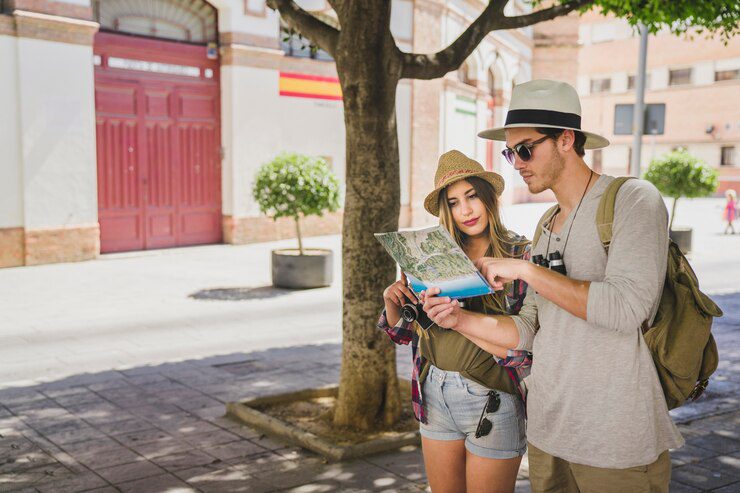Cultural travel provides a chance for a traveler to get to the spirit of a place in a special manner. It goes beyond only observing and taking pictures of the attractive places, and instead sets Footprint metaphorically into the hosts’ culture and lifestyle, making your holiday-worthy and valuable. If you are interested in delving beneath the skin of a destination, this information will assist you in doing so like a true cultural tourist.
Why Cultural Travel Matters
Travel is not just about taking pictures; it is about the meaning-making that lies behind the pictures. They pointed out that the share of cultural travel with the unified index totals forty percent of the world’s overall tourist flow, according to the data provided by the United Nations World Tourism Organization (UNWTO). This trend could be understood as a constantly increasing demand for tourists to get immersed in an unfamiliar location.
Whether it is delicious cuisine in Thailand or Indigenous art in Australia, cultural travel ensures that people learn to appreciate each other’s cultures. It also being advantageous in localization through supporting tourism that doesn’t harm the locality and keeping traditions intact.
How to Immerse Yourself in Local Culture
Start with Research
While planning your vacation, read this brief guide on the history, customs, and etiquette of your chosen country. Knowledge of cultural norms helps one make better of the social experience and also helps in making appropriate interactions.
Learn the Language
Just a couple of simple words in the native tongue will suffice quite well. Whenever you take the time to learn a few basic phrases such as ‘thank you’ or ‘hello’ in their native language it goes a long way into drawing a similarities line and establishing that you are indeed interested.
Engage with Locals
Do not avoid talking idiots with thick accents and a map of the city in their hands. One can go to the community markets, participate in classes, or even if there are guided tours to a particular community by the community residents that might be useful.
Embrace the Cuisine
Food is a gateway to culture. Do not miss local experiences with cuisine/street food in order to understand the taste of the region. Similarly, making pasta during a cooking lesson in Italy can be as educational as watching the Colosseum.
Participate in Festivals
Festivals are an authentic view of the community’s culture since they are a way of living. If it is India’s Full-colour festivity Holi which I mentioned before or Japan’s tranquil cherry blossom season it feels great to be part of it.
Cultural Travel With Ethics
As much as it is fun to visit different cultures we must always respect the culture and practice ethical tourism. Do no harm and do not harm their culture or infringe on the rights of Indigenous peoples. Cultural travel is from a historical perspective, a noble enterprise of conserving history rather than capitalizing on it.
Most Celebrated Cultural Tourism Attractions
Japan: Traditional and progressive at the same time, Japan will be appreciated by guests who plan their visit to enjoy traditional ceremonies, such as tea ceremonies, or visit the ancient temples of the country.
Morocco: Experience the local markets, taste the Moroccan tagines, and embrace the history of the Berbers.
Peru: The ancient Sites like Machu Picchu, colorful traditions, music and dances, arts and crafts, folklore and traditions, Andean, coast, highlands, and jungle, including delicious food – all of this makes Peru a dream for any culture vulture.
Why Cultural Travel Matters
Molecular analysis conducted by the Adventure Travel Trade Association revealed that cultural travelers receive satisfaction, with 78% thinking that cultural travel changes their perspective on the world. Culture-sensitive traveling teaches a person to look at life through a different lens, through the lens of diversity.
Final Thoughts
Cultural travel is basically an invitation to discovery, to knowledge, and to development. This means that when you take the local orientation, you make your traveling adventure more meaningful and help in the protection of global heritage. Therefore, bring your curiosity, take the leap out of the familiar, and don’t let cultural travel change your perspective.







